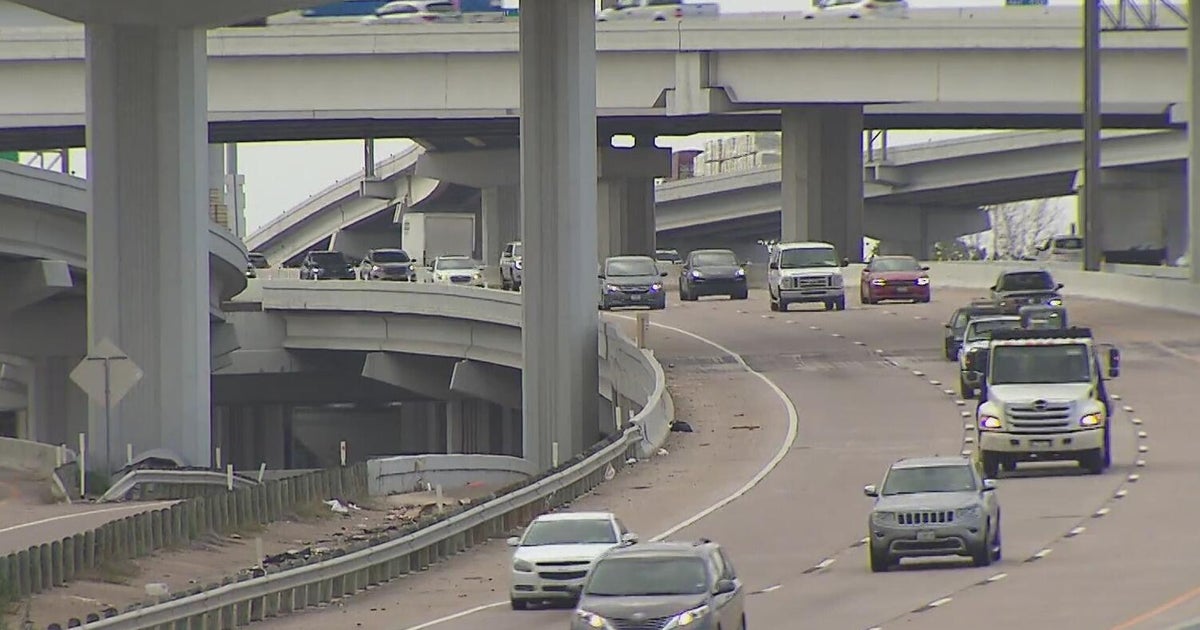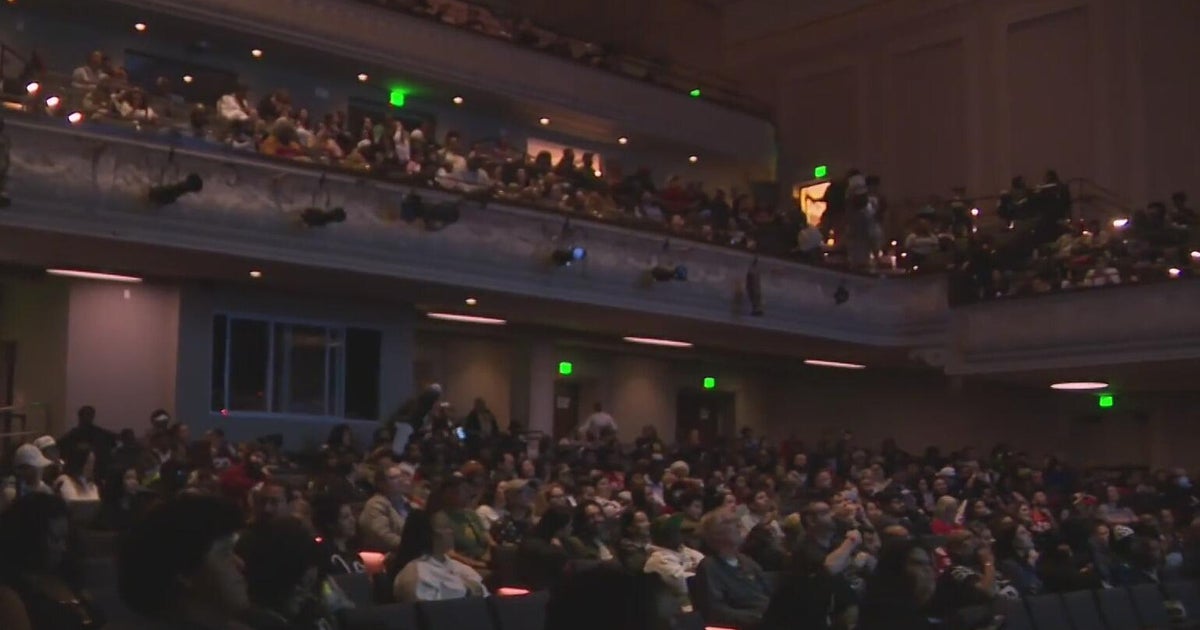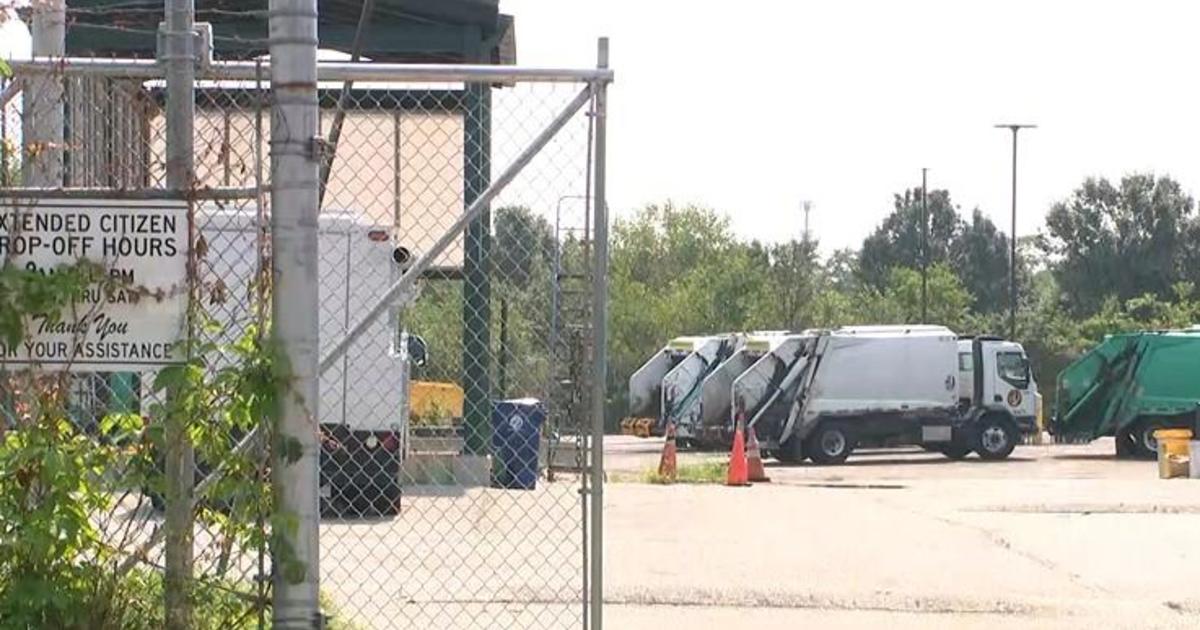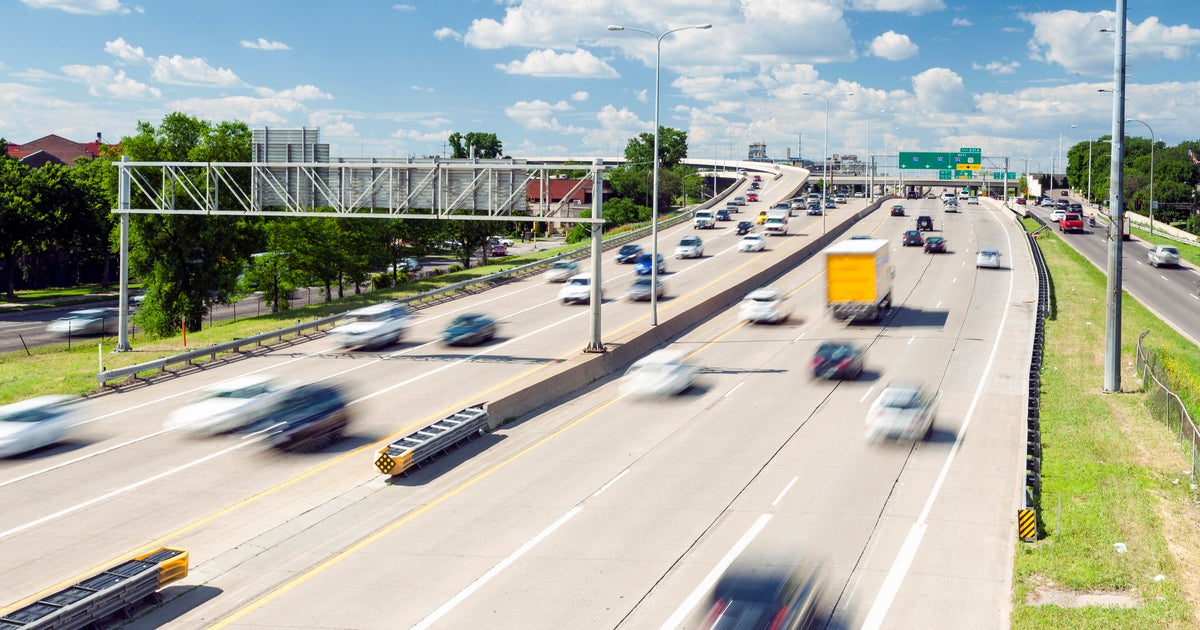KCBS In Depth: BART's New General Manager
SAN FRANCISCO (KCBS)— Bay Area Rapid Transit's new General Manager Grace Crunican considers service for the riders and "getting back to the basics" to be her number one priority now that she's in charge of the recently scandalized mass transportation system.
Crunican was appointed Bay Area Rapid Transit's ninth general manager August 31.
Her previous experience has been in transit management and capital funding, having served as deputy director and capital project manager in Portland, Oregon, director of Seattle's Department of Transportation as well as deputy administrator of the Federal Transit Administration.
In this contentious time, BART is facing the same financial challenges of other governmental entities in California, but also the public scrutiny over two fatal shootings by its police force and the security measures and decisions in the aftermath of those incidents.
Crunican said she's made offers to meet with protesters, including a meeting with Christof, a member of No Justice No BART, but that she has not received a response. She added she has been in "some communication with one of the members of Anonymous", but that they haven't taken advantage of the access she's trying facilitate with BART management.
She actually has met with the American Civil Liberties Union (ACLU), who is looking at BART's cell-phone policy after spokesman Linton Johnson reportedly came under fire for making the decision to cut off cell phone service at four downtown stations when an attempt to organize an August 11 mass protest over the system's July 3 officer-involved fatal shooting of a homeless man was thwarted.
Crunican, denied knowledge of who was responsible for that decision, stating that she had just come on board with the new job.
The incident at Civic Center Station erupted when the suspect, Charles Hill, allegedly lunged at a BART officer with a knife according to Officer Kenton Rainey in a Bay Citizen report.
"I believe their [ACLU] comments are back in and was going to take our policy to the board in the next couple of months."
Crunican added, "We don't shut off cell phones unless it is an extreme set of circumstances."
Regarding the shootings themselves, Crunican said the training of the officers is what's really critical.
"We've had very few shootings over the 40 years at BART, but every death is a tragedy."
Crunican said BART officers go through 40 hours of training a year and that by comparison the state requirement is at 25 hours per year.
She said training includes dealing with "critical incidents" and the judgments required in dealing with the homeless and mentally ill.
When asked about the progress of the Hill shooting investigation, the San Francisco Police Department have said they are not talking about the investigation, but that they are assisting with it and that BART Police will be releasing information.
"It's all in the hands of the San Francisco Police to do that investigation. We've not heard back from them," Crunican said.
Another recent fatal BART shooting that originally sparked outrage involved an unarmed passenger, Oscar Grant, who was killed on New Year's Day in 2009 at the Fruitvale Station by Officer Johannes Mehserle.
Mehserle testified in court that he mistakenly reached for his gun, when he intended to go for his Taser and then pulled the trigger, killing Grant.
A video of the incident shows Grant had already been restrained.
Mehserle was convicted of involuntary manslaughter in July 2010, but was released for good behavior after serving one year in Los Angles Central Jail.
Crunican said a study was done by the National Association of Black Law Enforcement (NOBLE) who came up with a list of recommendations for BART to follow.
"I'm giving the situation a chance to work itself out," Crunican said regarding calls to disband BART police. She added that a police force is warranted considering the system travels through so many jurisdictions and the "nature of some of the crimes committed".
Crunicin said in instances of having a special district, that often times transit systems will have their own police force. But when asked whether or not most major cities do, Crunican claimed, "I don't know if most major cities do. I know some do".
The Board has since installed a Citizen Oversight Committee whose job is to look at the oversight of the police.
Crunican aggress with critics that it is a legitimate discussion to question whether or not BART police should be carrying firearms, but maintained that her focus is on getting back to basics.
"I think it means talking to the riders and talking to the communities involved and that the trains are on time," she said.
The system is excellent, and gets stellar reviews, according to Crunican, but she said that reinvestment is necessary and placed new cars at the top of her agenda.
She's confident the BART Board of Directors is behind her and that the money is in place to replace up to 200 cars.
"When I'm in Embarcadero and Montgomery [stations], people want to know about the escalators and elevators and why they're not in service."
She also wants follow through on the extensions riders have been promised regarding extended late-night hours so commuters can travel back and forth between San Francisco and the East Bay.
So far, Crunican said she has met with Mayors of San Francisco and Oakland as well as, "transportation authorities that are responsible for the funding."
The federal government, the State Assembly and Senate are key in the allocation of those funds, but Crunican said that locally the Metropolitan Transportation Commission and voters play a part too.
"I don't know that we're talking about fare hikes or any other measures. I know that all those options are on the table."
You can hear KCBS In Depth, a weekly half-hour news interview, Saturdays at 5:30a.m. and Sundays at 8:30 a.m. and 8:30 p.m. on KCBS All News 740AM and 106.9FM.
(Copyright 2011 by CBS San Francisco. All Rights Reserved. This material may not be published, broadcast, rewritten, or redistributed.)







